Keywords: Marriage Equality
-
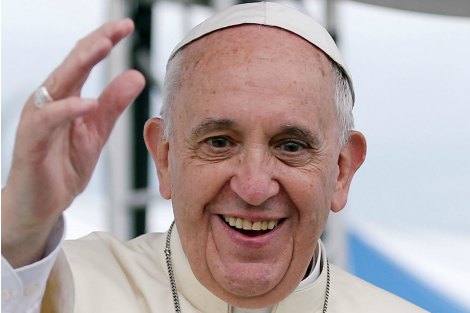
RELIGION
- Andrew Hamilton
- 04 May 2015
23 Comments
In Western societies, the acceptance of the right of women to work and to equal pay has been built on their full participation by being able to vote and to be voted for. If the Catholic Church is to have credibility in endorsing the continuing struggle for women's rights, it will need to find effective ways in which women can participate equally in the governance of the Church at all levels.
READ MORE 
-
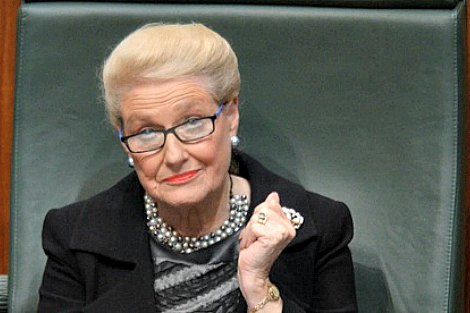
AUSTRALIA
- Frank Brennan
- 09 December 2014
27 Comments
What a dreadful year it has been for parliamentary democracy. Speaker Bronwyn Bishop has taken pride in the number of members she has ejected. Senator David Leyonhjelm has introduced his same sex marriage bill in an orderly fashion, but the decision will rest with the Abbott Government, which won't want to to hand the bouquet for breaking the logjam to Leyonhjelm. To get arrangements for the bearing and nurturing of children right, we need our parliament to be a more considered and dignified place than a battlefield.
READ MORE 
-
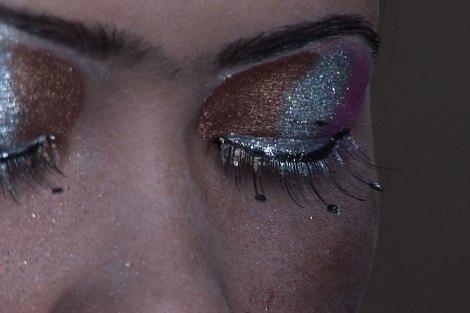
ARTS AND CULTURE
- Tim Kroenert
- 30 October 2014
1 Comment
Orphan Abdul loves Fatemeh, but her father is demanding a prohibitive dowry for her hand. The financial wrangling between Abdul's guardian Mahboba and Fatemah's father Nik, and all this implies about the ways in which young women's futures can be sold and traded as part of an archaic cultural norm, seems crass and is more than a little disturbing to witness.
READ MORE 
-

AUSTRALIA
- Frank Brennan
- 11 April 2014
1 Comment
'Whether or not we have a bill of rights, much of our human rights jurisprudence remains partial, failing to extend rights equally to all. Once we investigate much of the contemporary discussion about human rights, we find that often the intended recipients of rights do not include all human beings but only those with certain capacities or those who share sufficient common attributes with the decision makers. It is always at the edges that there is real work for human rights discourse to do.' Frank Brennan's Blackfriars Lecture
READ MORE
-

AUSTRALIA
- Frank Brennan
- 16 December 2013
30 Comments
Until now, there was some doubt whether the Parliament's constitutional power to make laws with respect to marriage would be broad enough to include laws with respect to same sex marriage. The High Court has put this matter beyond doubt with all six sitting judges affirming that 'marriage' for the purposes of defining the constitutional power of the Parliament could not be confined to marriage in the traditional Christian sense.
READ MORE
-

RELIGION
- Frank Brennan
- 08 November 2013
1 Comment
'Many Catholics wonder how we can maintain our Christian faith at this time in the wake of the sexual abuse crisis and the many judgmental utterances about sexuality and reproduction. The Church that has spoken longest and loudest about sex in all its modalities seems to be one of the social institutions most needing to get its own house in order.' Frank Brennan's address to the Yarra Institute for Religion and Social Policy, 8 November 2013.
READ MORE
-

AUSTRALIA
- Frank Brennan
- 02 November 2013
7 Comments
'There have been innumerable post-mortems and words of advice as to how the party with new structures, election rules, and policies can pick itself up, dust off, and win the next election. Sadly some of those post-mortems have come with more coatings of spite and loathing. It is no part of my role in the public square as a Catholic priest to offer such advice.' Frank Brennan's address to the Bathurst Panthers Club, 2 November 2013.
READ MORE
-
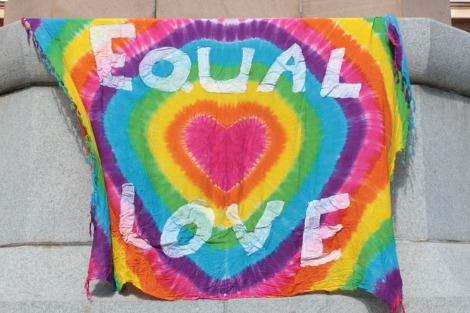
AUSTRALIA
- Frank Brennan
- 29 October 2013
47 Comments
Marriage equality advocates are pursuing the issue at a state level in the hope of pressuring the Commonwealth. In the process they risk blowing apart the national coherence of marriage laws put in place in 1961. The marriage equality question is best resolved by the Australian Parliament exercising a conscience vote. Marriage is too precious a social institution to be put in the mix of a dog's breakfast.
READ MORE 
-

AUSTRALIA
- Frank Brennan
- 07 September 2013
12 Comments
How clever of you to choose the day of the federal election for me to offer these reflections. I come amongst you, not as a publisher or journalist but as an advocate in the public square animated by my own religious tradition as a Jesuit and Catholic priest engaged on human rights issues in a robustly pluralistic democratic society.
READ MORE
-
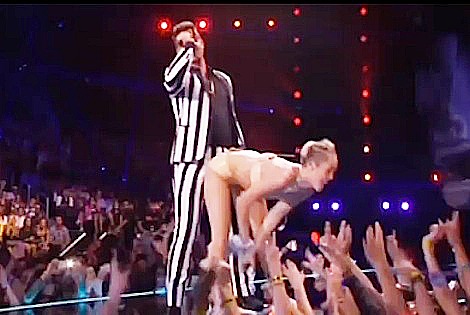
AUSTRALIA
- Ellena Savage
- 30 August 2013
6 Comments
The moral questions presented in this election demand rational action, and not responses based on aversion to 'illegal' boat arrivals, gay men kissing or the idea of giving hard earned money to government programs in the form of tax. As long as both major parties are vying for ‘politics of disgust’ votes on the backs of vulnerable people, we can’t expect a better nation.
READ MORE 
-

AUSTRALIA
- Ray Cassin
- 30 August 2013
29 Comments
Subscribers to Eureka Street are changing their political allegiance in this federal election campaign. A readers’ survey conducted last week revealed a shift away from the ALP, which the majority of poll respondents supported in the 2010 federal election. The Greens have been the chief beneficiary.
READ MORE 
-

AUSTRALIA
- Andrew Hamilton
- 22 August 2013
16 Comments
Reflecting on his participation in an SBS TV marriage equality discussion, Ben felt judged and humiliated by many who responded to him. Must determining what is right and wrong for a society be bound up with judging people? Or can we listen to our conversation partners, reach for a language that is shared and leave room for our opinions to be changed? Pope Francis showed the way when he said: ‘If a person is gay and seeks the Lord and has good will, well who am I to judge them?’
READ MORE 